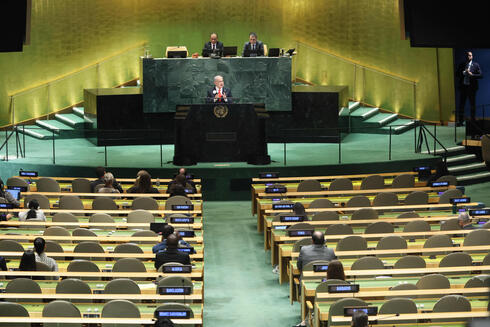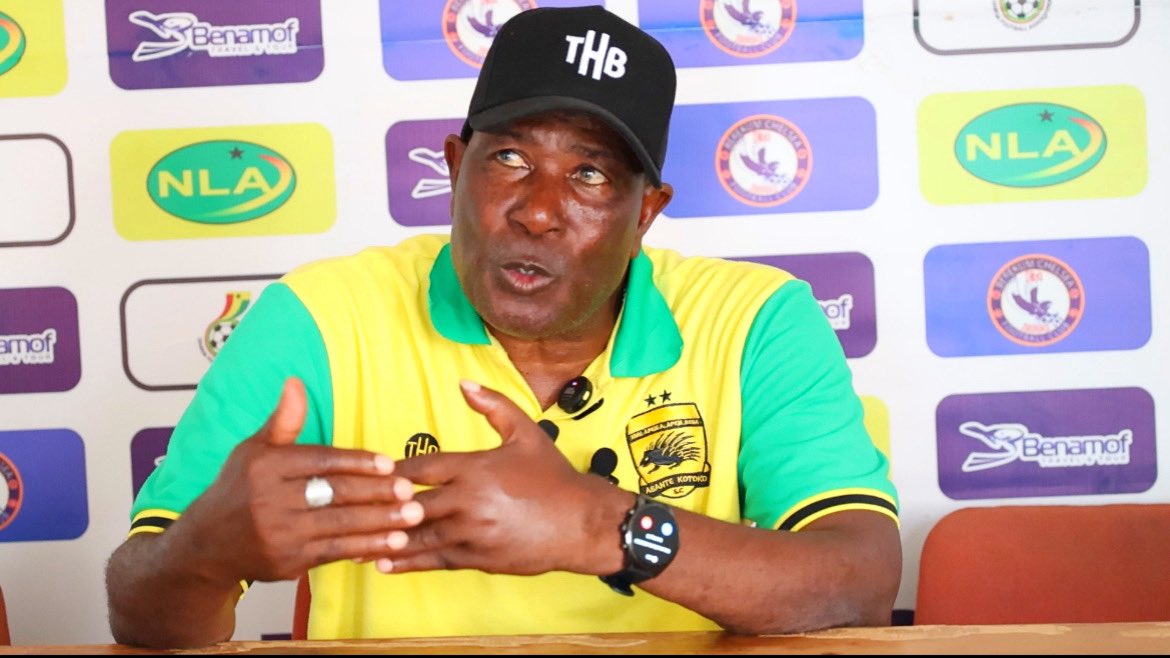Netanyahu at UN lashes out at West as Israel faces growing isolation, boycotts and expulsion threats
By Itamar Eichner, New York
Copyright ynetnews

Just a week and a half after Prime Minister Benjamin Netanyahu’s fiery “super-Sparta” speech in Israel, the diplomatic storm he warned about appears to be taking shape. What once seemed like potential scenarios are now edging closer to reality, with signs of political, cultural and sporting isolation gathering pace. In his address Friday at the United Nations General Assembly, Netanyahu took aim at Western leaders who recently recognized a Palestinian state. “Amazingly, when we fight terrorists who murdered many of your citizens, you fight us. You condemn us. You impose an arms embargo on us and conduct political and legal warfare against us,” he said. He accused those governments of rewarding violence. “This is not an indictment of Israel. It is an indictment of you, leaders who appease evil,” he said. “The message sent by recognizing a Palestinian state is that murdering Jews pays. Israel will not allow you to shove a terror state down our throats. We will not commit national suicide because you lack the courage to face a hostile press and antisemitic mobs demanding Israel’s blood.” Diplomatic sources said they were surprised at the sharp tone Netanyahu used against European countries. “For a moment, the prime minister seemed to think he was president of the United States,” one source remarked. “With all due respect, what is permitted for a U.S. president is not necessarily permitted for the Israeli prime minister.” They argued that criticizing European leaders from the UN podium was not a way to change policy, but only to deepen the divide. That divide may soon grow wider. The European Broadcasting Union, which oversees the Eurovision Song Contest, confirmed that Israel’s participation in 2026 will be subject to a vote in November. While Israeli officials had believed that expulsion required a 75 percent majority, the EBU clarified to the news site ynet that only a simple majority is needed. Israel has competed in Eurovision since 1972, except when the contest coincided with Israel’s Memorial Day. Sports organizations are also under pressure to act. According to The Times of London, UEFA, Europe’s soccer governing body, will hold a decisive meeting next week on whether to expel Israel from European competitions. A strong majority is reportedly in favor. If approved, Israel’s national soccer team would be forced out of its World Cup qualifying campaign, and Israeli clubs would be barred from European tournaments. In the United States, which is hosting the 2026 World Cup, officials quickly declared that banning Israel would cross a “red line.” They said they are in direct talks with FIFA, soccer’s world governing body, to prevent such a move. The close ties between U.S. President Donald Trump and FIFA President Gianni Infantino are expected to help. Still, if UEFA votes to suspend Israel, it would block its path to the World Cup regardless. The pressure has spilled into other sports as well. During the Vuelta cycling race in Spain, protesters targeted the “Israel Premier Tech” cycling team. Although privately owned, the team carries Israel’s name. Its Canadian-Israeli owner, philanthropist Sylvan Adams, had pledged earlier this month that “we will never race without the name Israel.” But after mass demonstrations — which forced stages to be cut short and left riders injured — the team removed Israel’s name from its uniforms for the race. Now sponsors are demanding permanent changes. Factor Bikes, which provides equipment, said it will withdraw support unless the Israeli identity is dropped. The team’s main sponsor, Canadian company Premier Tech, followed with a similar announcement. “We expect the team to adopt a new name that does not include the term ‘Israel,’” it said. If carried out, the Israeli name and flag — visible in global races for years — would disappear from the sport. Cultural and sports pressure is not the only concern. Some Israeli analysts have speculated that if Israel responded to international recognition of a Palestinian state — including by France, Britain, Canada and Australia — with annexation of the West Bank, it would likely accelerate diplomatic isolation. Trump has already made clear he will not permit Netanyahu to annex territory, but even without that move, the momentum of boycotts and exclusions appears to be growing. For now, Israel’s reliance on the United States has only deepened, with little ability to mount a forceful response to international recognition of a Palestinian state. What Netanyahu once warned of as a looming wave of isolation is, in practice, already taking shape.



